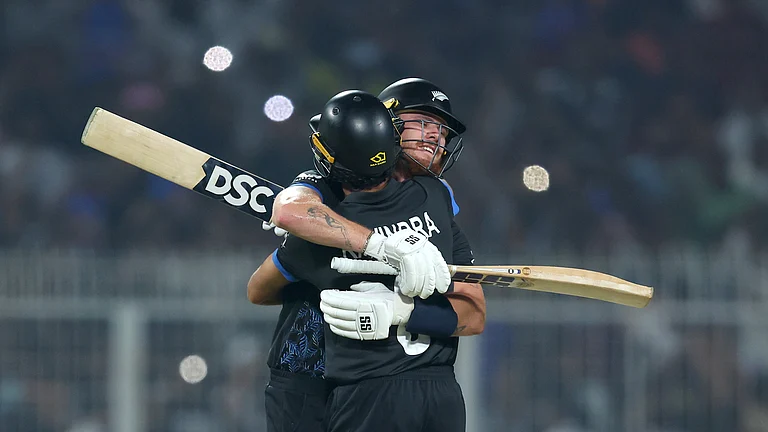Patti Deshmukh, a 33-year-old pharmaceutical executive, marriage has never been a lure. A global traveller with a high-flying job, Patti has always looked at life through the prism of her lens. She wants to start a family but the catch here is, without a husband or a partner. She is keen on being a single unmarried mother, a decision which has not endeared her to either her family or her friends. In the journey to achieve her “small family” dream, Patti feels isolated from all those she loves. She has considered several options but these are not tilted in favour of a woman of her societal status – a single unmarried woman.
So, on December 5, when the Supreme Court started hearing a matter about a single unmarried woman’s right to have a child through surrogacy, Patti says she has some hope now. “I want it to be my child, using my eggs. I know there is adoption but that is not something I am looking at,” says Patti, who has been following this case with great hope.
While hearing this case, the Supreme Court questioned whether it is an “accepted norm” in Indian society if a single unmarried woman took to surrogacy to have a child. In his oral observation, Justice B V Nagarathna stated that a single woman bearing a child is an exception and not the rule in Indian society. The judge further said that this is because our society says that having a child should be within marriage, however, if a single unmarried woman bearing a child is outside marriage, it is not the accepted norm of Indian society.
The case, being heard by the Supreme Court, was filed by a 38-year-old single unmarried woman who wants to have a child through surrogacy. Her advocate, Saurabh Kirpal, had presented before the court that the petitioner was heavily diabetic and pregnancy would be risky for her. Kirpal had in his submission said that even an unmarried woman has a right to have children. The woman had frozen her eggs too.
The Surrogacy (Regulation) Act, 2021 allows a widow, a divorced woman between the age of 35 and 45 years and an infertile couple to have children through surrogacy.
In India, there is a ban on commercial surrogacy after the unbridled growth of the surrogacy “industry”, particularly in Anand in Gujarat which emerged as the “surrogacy capital” of the country. Foreigners too would come to India and have children through surrogacy. The Surrogacy (Regulation) Act, 2021 lays down stringent rules and has banned commercial surrogacy.
According to the submissions by Kirpal, limiting the right to become a mother and discriminating against a woman based on her marital status was discriminatory and violative of her fundamental rights to equality and life under Articles 14 and 21 of the Constitution of India. Parliament had recognized the right of a widow or a divorcee who had been married but had gone through the misfortune of losing her partner through death or divorce, to have a child through surrogacy. The judge felt that the law was made based on classification and not discrimination.
The judge further stated that the concern is whether a single woman can have a child through surrogacy when the Parliament has not permitted it. “Should this court say that unmarried women can go for surrogacy?” Justice Nagarathna had said. He has also asked the Centre about the number of ART (assisted reproductive technologies) procedures which have happened in India for unmarried women.
The petitioner, a lawyer, has also pointed out that the ban on payment for a surrogate would effectively mean that it would not be easy or near impossible for someone like her, a single unmarried woman, to find a surrogate.






















